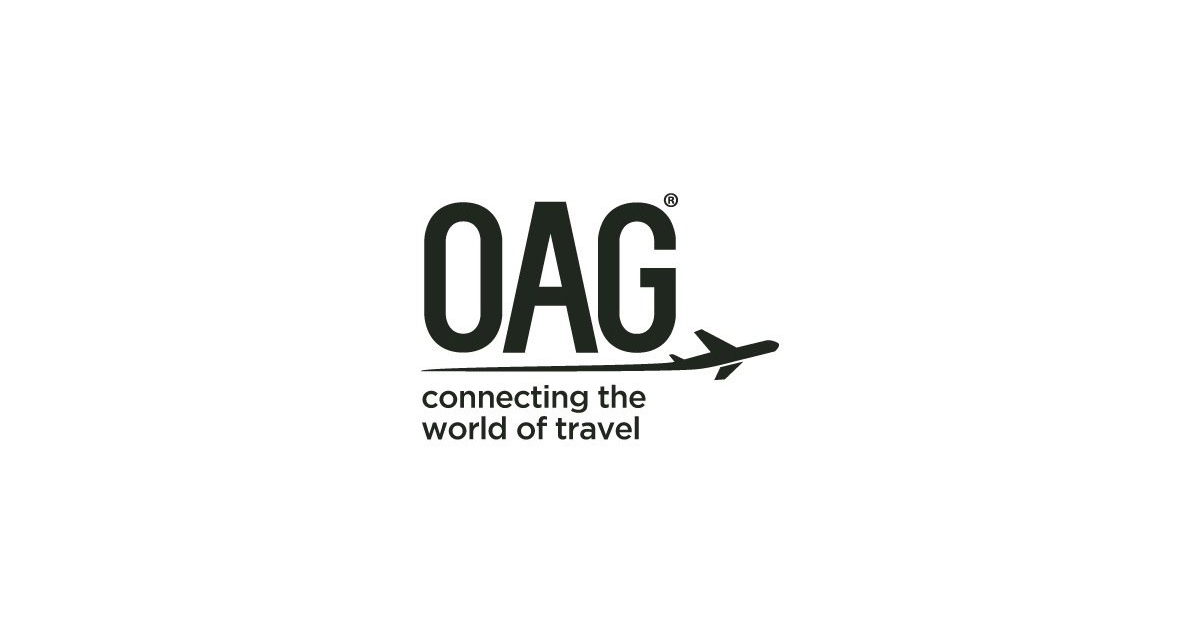
BOSTON – With the online travel market expected to drive upwards of $693 billion in 2018, according to Statista, new entrants and competitive disruptions are a formality. But who will emerge as the next key player – and how will they connect with consumers? To find out, OAG, the global leader in flight information, 2,164 U.S. travelers to explore the future of travel booking, technology and payments.
While most travel-related purchases today are made directly with hotels, airlines and online travel agents (OTAs), new, non-traditional options are coming to the industry’s forefront. OAG asked travelers which non-traditional technologies and methods they would be comfortable booking through. Here are the results:
- Automated chat agents on websites (28 percent)
- Mobile assistants like Siri and Okay Google (25 percent)
- Text messages (20 percent)
- Voice automated systems like the Google Home (18 percent)
- Social media messaging apps, like Facebook Messenger and WhatsApp (9 percent)
OAG’s survey also asked travelers which specific social and consumer platforms they would consider booking with, if given the option. Amazon was the big winner – with 44 percent of travelers saying they would consider booking travel with the eCommerce giant, if possible. The consideration given to Amazon by travelers is markedly higher when compared to other platforms; the next most viable alternative, based on the travelers surveyed, was Facebook, where just 14 percent of the population said they would be willing to book – 30 percent less than Amazon.
“Convenience, speed and customer experience rule the travel ecosystem – and the booking and payment process is no exception,” said Mike Benjamin, chief technology officer of OAG. “Travelers are already relying on social media platforms like Twitter and Facebook for customer service. While we don’t expect a major shift in the travel booking market overnight, the threat of new startups and major tech players radically simplifying or transforming the experience should not be discounted.”
Payment methods are another variable influencing the future of travel booking. OAG asked travelers which modern payment options they would be willing to use to book and pay for travel and related services: 49 percent mentioned PayPal as a top contender, followed by Apple Pay (42 percent) and Google Wallet (22 percent). Millennials were more than twice as likely to use bitcoin (14 percent vs. 6 percent of the general population), and substantially more inclined to use Apple Pay (56 percent of millennials) and Google Wallet (29 percent of millennials) to pay for travel purchases.
“All eyes are on the travel booking landscape. Today’s consumers have more channels, technologies and platforms to book travel through than ever before,” added Benjamin. “While the industry won’t change immediately, legacy airlines and booking engines need to continue to aggressively invest in innovation and the customer experience, both to win more market share and to fend off potential new entrants.”